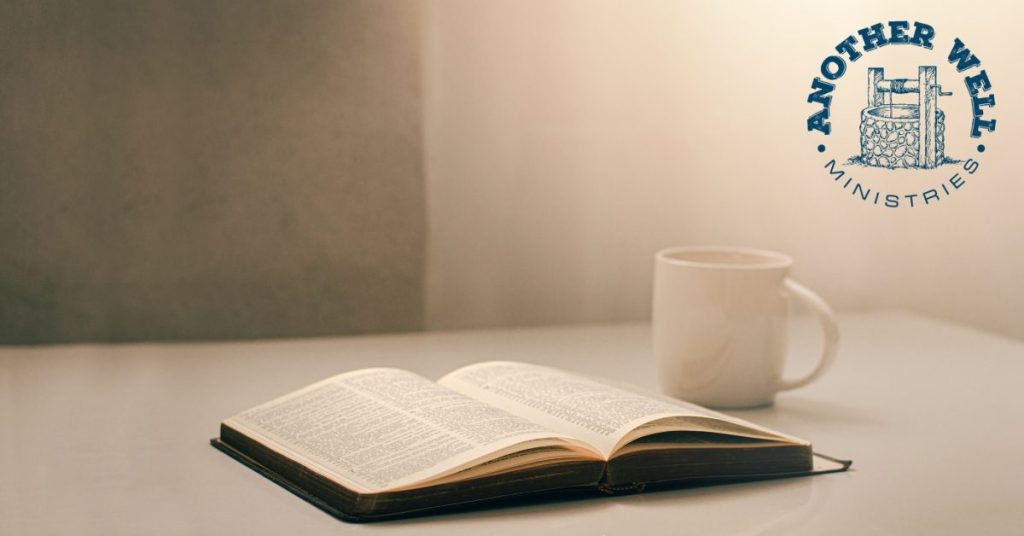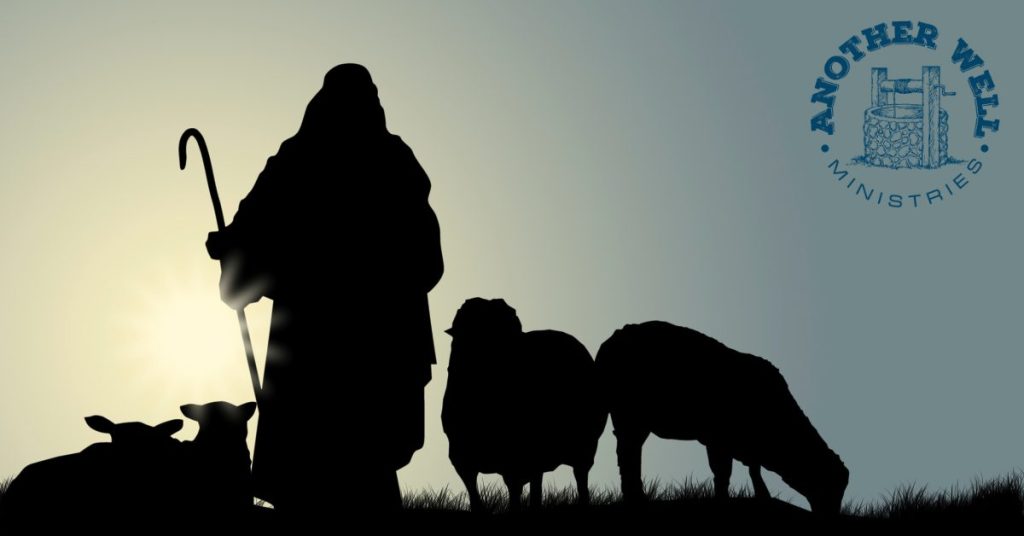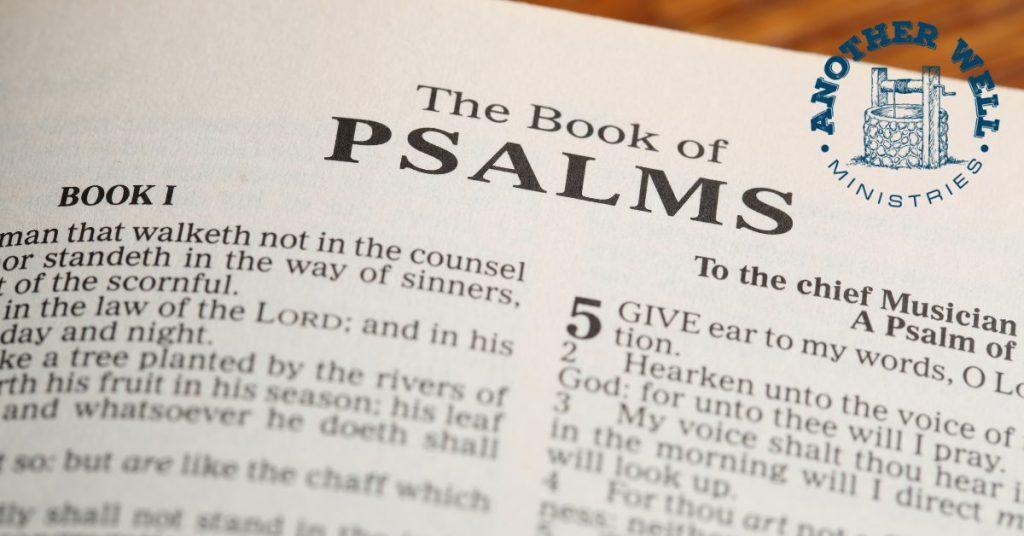Canada’s federal government announced on Monday it was directing banks and other financial institutions to cease doing business with those assisting the Freedom Convoy, a protest movement against vaccine mandates led by truckers that has evolved into a broader protest against COVID restrictions.
The actions, ordered by Finance Minister Chrystia Freeland after Prime Minister Justin Trudeau invoked the Emergencies Act, are designed to sap the resources of the protesters using laws against “terrorist financing.”
“We are today serving notice. If your truck is being used in these illegal blockades, your corporate accounts will be frozen,” Freeland said Monday, adding that those who assisted protesters would also face repercussions.
Just so you're aware of the current situation in Canada:
The regime under Justin Trudeau is rounding up & persecuting citizens for the act of donating to a peaceful protest.
& waging Econ warfare against pro-freedom protesters, freezing their assets for the act of wrongthink.
— Jordan Schachtel @ dossier.today (@JordanSchachtel) February 17, 2022
The announcement, however, may be having an unintended consequence. News reports say Canada’s banks mysteriously went offline following Freeland’s announcement.
“This week, five banks in Canada, the leading ones in the country, went offline out of the blue,” TechStory reported Thursday. “They faced a major outage of almost five hours blocking access to their primary functions. Online and mobile banking facilities were said to be out, along with access to e-transfer for the customers.”
Banks reported technical difficulties in processing transactions.
“We are currently experiencing technical issues with our online and mobile banking, as well as our phone systems,” the Royal Bank of Canada tweeted. “Our experts are investigating and working to get this fixed as quickly as possible, but we have no ETA to provide at this time.”
Any update why you guys are down?
— Chris (@TheCJWest) February 16, 2022
What the hell is happening to Canada’s banks right now? pic.twitter.com/NRjPWlG0GE
— James Melville 🚜 (@JamesMelville) February 16, 2022
It appears whatever problems the banks experienced were largely (though not entirely) resolved by the next day, but the outages precipitated widespread speculation that Canada was experiencing a bank run or that the banks were hacked.
On Thursday, Freeland vowed more bank accounts would be coming offline in the state’s effort to starve protesters and their supporters of access to cash and cryptocurrency.
“The consequences are real and they will bite,” Freeland said.
Alternative theory: system overload: a million Canadians decided they don’t quite trust the banks anymore, now that Trudeau is in charge of them. Was there a bank run?
— Ezra Levant 🍁🚛 (@ezralevant) February 16, 2022
Canadian bank ATMs are offline amid possibility that Trudeau and @cafreeland started a bank run with their trucker account freezes. No surprise. This was predicted in my 2016 book, #TheRoadToRuin. It's called #IceNine. Get your money out … if you can.https://t.co/YzZ7XefWX7
— Jim Rickards (@JamesGRickards) February 17, 2022
The Fallacy of Secondary Consequences
Despite rumors that Canada is experiencing a panic run on banks, little actual evidence of one appears to exist. There is, however, great concern that one could happen, based on the surge in searches about bank runs.
Whether people are closing their bank accounts en masse is unclear, but it’s worth pointing out, as some have, that fear of a bank run can actually cause a bank run (though most Canadians would have little fear from such an event because of deposit insurance). Moreover, it would hardly be a surprise if many Canadians are suddenly withdrawing their money from major banks. It’s basic cause and effect.
“Do you think,” one person pointed out, “people will keep their money in institutions that now can easily freeze it from them?”
This is what the great writer Henry Hazlitt, in his classic work Economics in One Lesson, called “the fallacy of overlooking secondary consequences.”
After all, people put their money into a bank for a reason: to keep it safe. If government bureaucrats can suddenly freeze your money because you gave a small donation to the “wrong” political cause, it creates an obvious incentive: take your money out and put it in a place where it is safer.
This would not of course be the consequence the Trudeau government was aiming for, but it very well may be happening nevertheless.
Deputy PM Chrystia Freeland: "The names of both individuals and entities as well as crypto wallets have been shared by the RCMP with financial institutions and accounts have been frozen and more accounts will be frozen." pic.twitter.com/iA69DbRJl1
— True North (@TrueNorthCentre) February 17, 2022
‘He Aims at One Thing Only’
We’ll soon find out if Justin Trudeau inadvertently created bigger problems for himself and Canadians in his effort to crack down on peaceful protesters. And for what? As many have pointed out, Trudeau is seeking to enforce vaccine mandates that aren’t just morally unjust but clearly ineffective at preventing the spread of COVID-19.
“It doesn’t matter if you have one shot or ten shots, you can catch COVID,” noted Ontario Premier Doug Ford. “See the Prime Minister had triple shots—and I know hundreds of people who had three shots—and he got COVID.”
The Premier of Ontario, Doug Ford has just blown up Justin Trudeau’s house of cards. In fact he’s just blown up the entire argument for mandates, vaccine passports and restrictions.
— James Melville 🚜 (@JamesMelville) February 15, 2022
Ford is not wrong, but the Trudeau government is showing little sign of backing down.
Why would Trudeau continue to take such draconian measures even as Canada continues to drop the very mandates the truckers are protesting? As economist Ludwig von Mises once pointed out, the central planner cares about one thing above all else, “the exclusive absolute preeminence of his own plan.”
Article originally appeared on Fee.org.
This article originally published in Fee.






